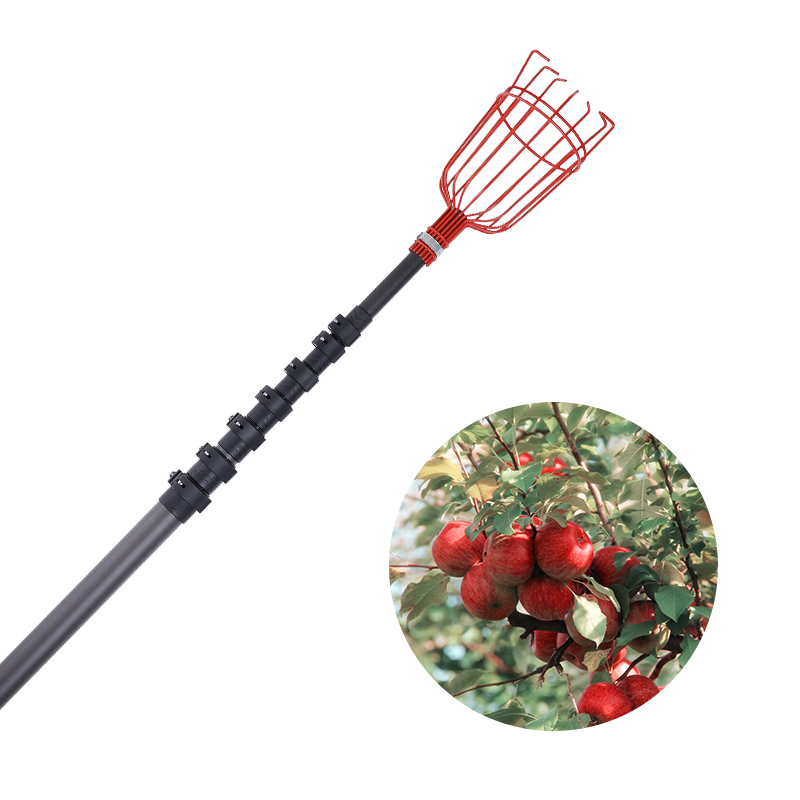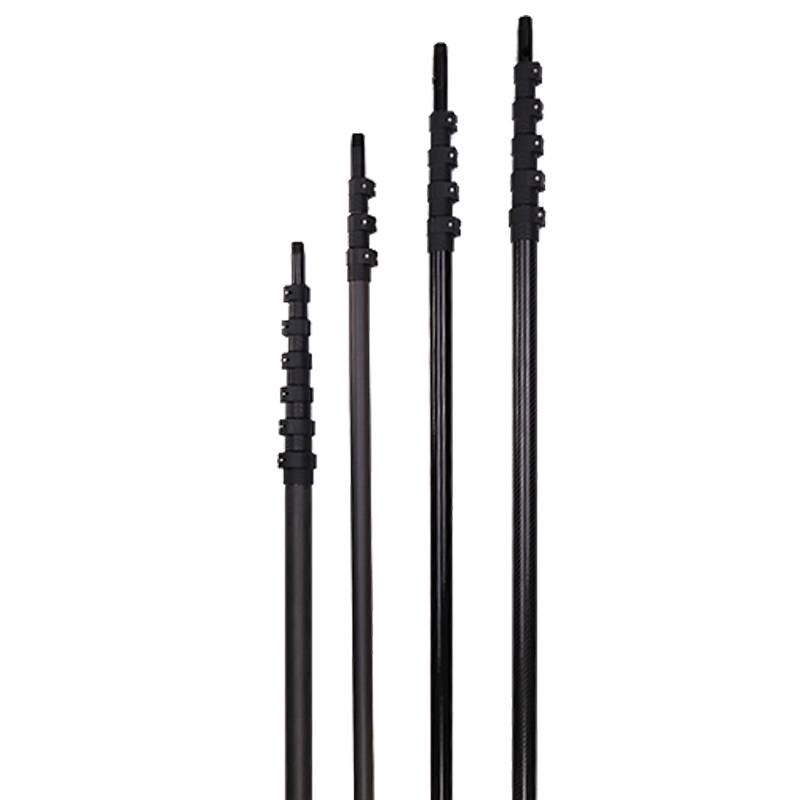By Jacqueline Medina | Updated Apr 7, 2022 12:55 PM
We may earn revenue from the products available on this page and participate in affiliate programs. Pressure Washer Extended Pole

Solar panels have become increasingly popular for meeting home energy needs. By absorbing sunlight, they create a current that’s converted to usable electricity. The amount generated depends on the absorption of sunlight, so if solar panels are dirty, they’re not as efficient—or cost-effective—as they can be.
In general, solar panels require little cleaning and maintenance in areas that receive regular precipitation. Rain can wash away much of the dirt and debris that might block a home’s solar panels from absorbing the maximum amount of sunlight. However, grime can still build up over time. Especially in dry climates or near construction or industrial sites, relying on rain to keep panels clean may not be enough.
With a few easy-to-find tools, homeowners can learn how to clean solar panels safely to boost their efficiency, as well as determine when it might be best to hire professional help for solar panel cleaning.
Time required: 20 minutes to 1 hour Difficulty: Beginner Estimated cost: $40–$75 (when supplies are first needed)
Not all solar panels have the same maintenance suggestions, so it’s important to check manufacturer instructions before doing any DIY cleaning work. Homeowners should also judge their ability to work safely. Suppose the solar panels are too high to reach comfortably with tools or are set in a steep or slippery location. In that case, homeowners should hire professional assistance to avoid potentially serious injuries.
If DIY solar panel cleaning is feasible, the first step is shutting them off. Solar panels are electrical equipment and should not be cleaned while active. Manufacturer specifications will explain how to make sure electrical currents—both produced by the panel and going into the home—are turned off.
Standard hardware supplies can be used for a solar panel cleaning project, but safety considerations are critical. A hard hat, ladder support, and harness are recommended for any homeowner who plans to work on a roof instead of from the ground.
Leaves, bird poop, and dust accumulate on solar panels. Even though rain clears away some of this, it doesn’t get everything and can create dirty residue when puddles evaporate. Debris should be removed with gentle brushing from a soft-bristled tool to start the cleaning process.
This can be done from the ground if the soft brush is attached to a telescopic extension pole with a threaded tip or hook. Some poles can extend to 24 feet. Without a long enough extension pole, reaching solar panels to brush will require an extension ladder. If you need to climb onto the roof, take safety precautions like wearing a hard hat and harness.
Starting with a gentle brushing is the best way to clean solar panels because if a lot of material is sitting on solar panels, immediately mixing the debris with water might cause spread and smear. Brushing breaks down and removes some material, making the next steps in the cleaning process more effective. Wear work gloves to keep your hands clean and safe.
Water is a major player in solar panel cleaning. After dry debris is removed by brushing, a garden hose can remove most remaining dirt on solar panels.
It may be tempting to hit solar panels with as much water as possible to get the job done quickly, but high-pressure cleaning is likely to create fine cracks on their surfaces. This will ruin the efficiency of the solar system and invite future problems. It may also void existing warranties due to noncompliance with manufacturer specifications for solar panel maintenance. If a hose has a high-pressure attachment, it should be removed before solar panel cleaning.
The key to this step is careful, deliberate spraying along each solar panel. If a garden hose doesn’t allow for enough spraying control, a telescopic hose wand may help. These have more supportive grip than a hose on its own.
After spraying away most of the mess, problem areas can be given extra attention with a sponge, squeegee, or soft cloth dunked into a bucket of clean water. Gentle, focused cleaning in a repetitive motion—with some patience—is best since aggressive scrubbing can scratch the panels.
Even cleaning products deemed “safe” for use on solar panels can be abrasive. Water is the best solar panel cleaner, especially if it’s deionized or distilled. This water attracts other chemicals, so it’s more efficient for cleaning. If deionized or distilled water isn’t available, treating hose water with a water softener can help improve its cleansing power.
If there are stubborn spots that water can’t handle, a squirt of mild, gentle dish soap mixed with one part vinegar to eight parts water can boost cleaning power. However, any soap should be used sparingly and with caution. When soap is rinsed, it can leave a residue that dirt clings onto in the future, leading to streaky solar panels. Not only is this less aesthetically pleasing, but it can also compromise some of the panels’ functionality.
Because solar panels create usable energy by capturing sunlight, giving them more sunlight will increase their solar output, or how much power they produce. This is why solar panels are most often set up in sunnier locations. Based on the specifics of the solar system, its location, and environmental factors, solar panels are rated for a solar output within a specific range of watts.
Normal operating conditions cause fluctuation within the predicted range. When solar panels are dirty, however, they produce energy at the low end of the range. With a lower solar output, homeowners rely on power from an additional energy provider, driving up energy bills and time in the solar payback period.
To determine how much impact cleaning solar panels has, homeowners should review their energy bills before and after the cleaning. Clean solar panels will have lower energy costs because they allow maximum exposure and higher solar output.
If cleaning solar panels seems more dangerous than beneficial, contacting a professional is a practical solution to improving solar output. Even though solar panels don’t need constant cleaning, removal of build-up is part of their maintenance. Finding a solar panel cleaning professional is best for conditions that are too complex to tackle with a garden hose and sponge.
Solar panels cannot be used while they are being cleaned. If professional services are hired, they can work to turn off the electricity and do the cleaning, putting homeowners at ease and giving them confidence that their system will not be impaired through electrical error.
To get the most out of a professional solar panel cleaning service, homeowners can begin a mock version of the cleaning process. They can clear leaves or large debris to get a good idea of specific cleaning problems that need to be addressed.
Since solar panels are often set on roofs or high areas, cleaning solar panels requires careful attention to safety. Only solar panels that are easy and safe to access should be cleaned without professional services.
Articles may contain affiliate links which enable us to share in the revenue of any purchases made.
Registration on or use of this site constitutes acceptance of our Terms of Service.

Carbon Fiber Outrigger Poles © 2023 Recurrent. All rights reserved.